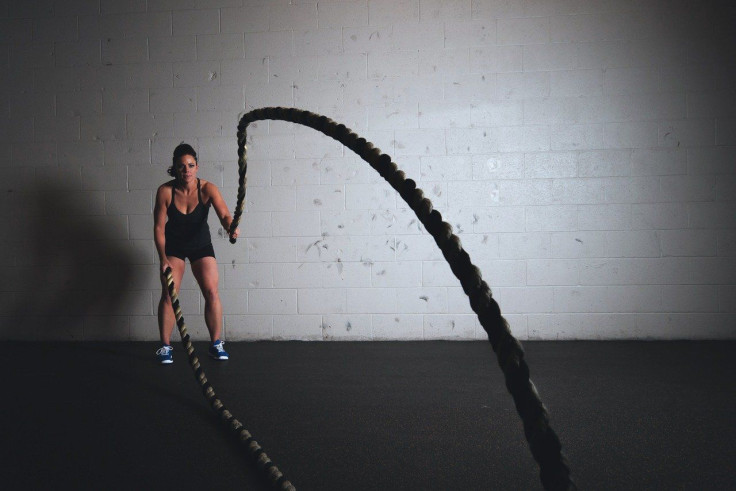Exercise Placebo Effect: How 'Personalized' Workout Regimes Could Boost Results
KEY POINTS
- Researchers conducted the study with 40 athletes
- They were told they were given either an individualized or generic training program
- Those who thought their training was individualized showed better results
There may be a placebo effect even when it comes to exercise, a new study has found. Believing that an exercise program is made especially for you may yield better results.
The placebo effect is when someone experiences a positive outcome after taking a "dummy" or placebo treatment because of their belief and expectation that the treatment will work. The person may be given a sugar pill or a saline injection as placebo instead of the real treatment, but they would still appear to improve.
The placebo effect is mostly tested in drug studies, but not so much in sport science. For the latest study, which was published in the journal Scientific Reports, a team of researchers looked at the placebo effect in the context of training.
"Currently, we know very little about the potential placebo effect when investigating different training configurations (e.g., exercise selection, loading, volume, frequency)," they wrote. "Hence, the present study aimed to investigate whether a placebo effect is present when participants are told they get 'optimal training' compared to being told they get generic 'control training.'"
The study involved 40 athletes who completed a 10-week training program and were assigned to either a placebo or control group. The participants in the placebo group were told they received the individualized training program, while those in the control group were told they were getting a generic training program even though "both groups were doing the same workouts."
"This means, that both groups consisted of subjects doing the same workouts, but half of them believed they did optimal individualized training (Placebo), and the other half believed they were the control group with non-optimal generic training," the researchers wrote.
The results showed that athletes who believed they had the individualized training program yielded better results, having increased muscle thickness and improved squats.
"There were indications that the participants who thought they were following a personal program trained a little more and with a higher intensity," study author Kolbjørn Andreas Lindberg, of the University of Agder (UiA), said in a news release. "Many such small factors can affect the result."
For instance, those in the placebo group may have thought the researchers were expecting more of them, so they pushed themselves just a little more. It's also possible that they trained with higher "quality" or modified some important behavior such as sleep and nutrition, or had additional training beyond the program they were given, the researchers said.
Overall, the results of the study suggests that the placebo effect may actually have "meaningful" outcomes even in sports and exercise. It may even be one of the reasons why new exercises appear to yield incredible results.
"To the author's knowledge, this is the first study investigating the placebo effect as a consequence of altering participants' expectations of a training intervention," the researchers wrote.
Further research could help uncover the mediators of the placebo effect in exercise.

© Copyright IBTimes 2024. All rights reserved.






















